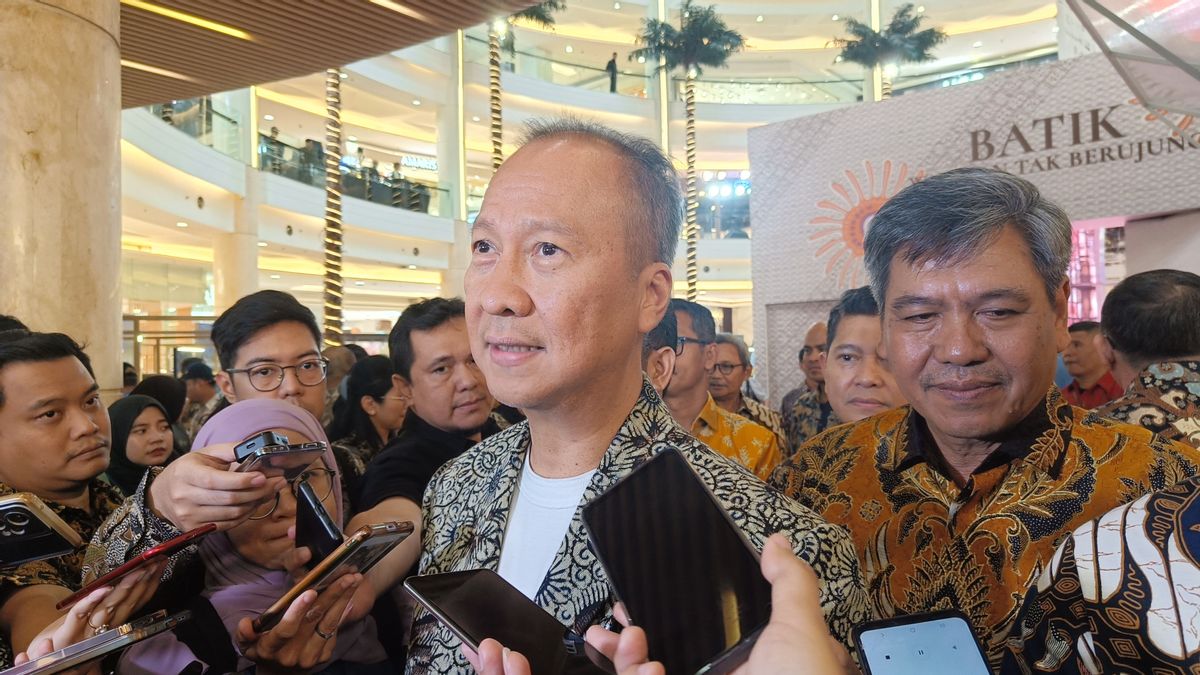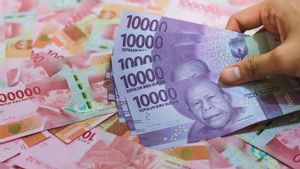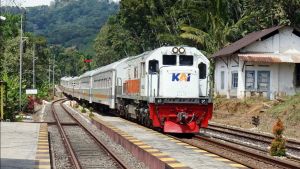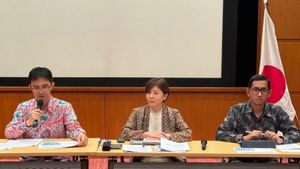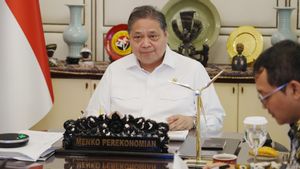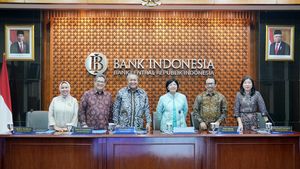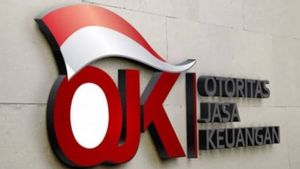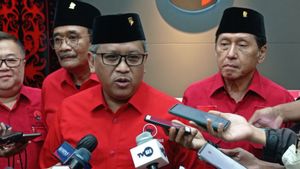JAKARTA - The Ministry of Industry (Kemenperin) noted that batik exports still experienced a contraction of 8.39 percent until the second quarter of 2024.
This is due to imported products flooding the domestic market.
Minister of Industry (Menperin) Agus Gumiwang Kartasasmita said batik is the same as other textile products that must face the onslaught of imported products. Agus said, both illegal and legal imported products still prevent domestic textile products from competing, including batik products.
In fact, he continued, the sub-sector of the textile and clothing industry has an important role for the national economy.
It was recorded that until the second quarter of 2024, the textile and clothing industry contributed 5.72 percent to the GDP of the non-oil and gas processing industry.
Meanwhile, the export performance of the textile industry and finished clothing in the second quarter of 2024 was still quite good at 1.77 billion US dollars, and the batik industry also contributed to the export of the textile and textile product (TPT) industry with a value of 8.33 million US dollars in the same period.
"So, batik products are the same as other textile products that are faced are imported products, both legally and illegally," Agus said when met at Kota Kasablanka Mall, South Jakarta, quoted Thursday, October 3.
Agus revealed that it is still difficult for domestic textile products, including batik to be competitive with imported products in terms of prices.
"Yes, it is difficult for our textile products, including batik, to be competitive with them if we look at the price," said Agus.
According to Agus, it is possible that China can produce batik.
He suspects that there may be batik imports originating from the Bamboo Curtain country.
In addition, it is possible that the import of batik from China is not a real batik motif.
"(China can already produce batik, printed batik?) Yes. (Import batik coming from China?) It could be. (Actually it's not batik, maybe it's just a cloth in the batik motif it could be?) It could be," he explained.
SEE ALSO:
Agus emphasized that there must be protection for the TPT industry.
According to him, there must be policies that favor the domestic industry, including batik.
"There must be protection. Similar to other industries, there must be regulations that are pro to our domestic industry. Including TPT and batik," he concluded.
The English, Chinese, Japanese, Arabic, and French versions are automatically generated by the AI. So there may still be inaccuracies in translating, please always see Indonesian as our main language. (system supported by DigitalSiber.id)
